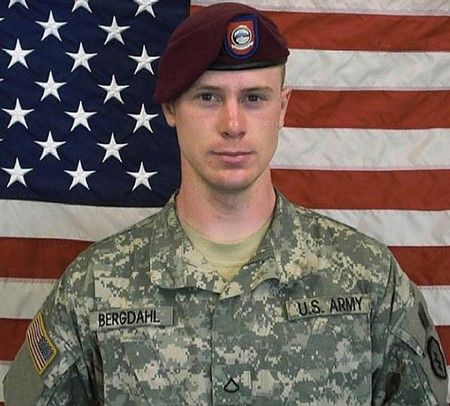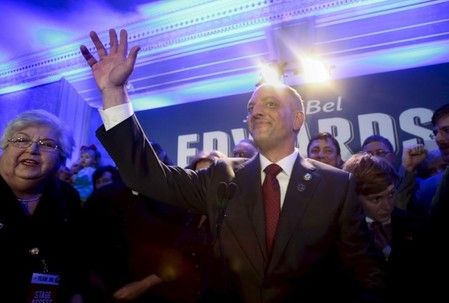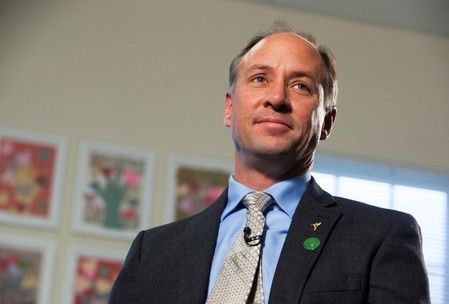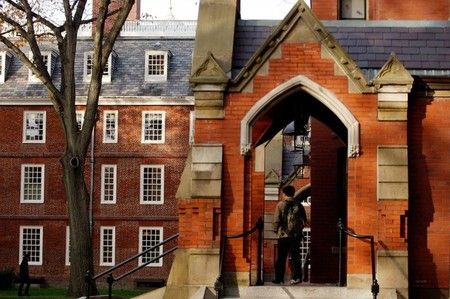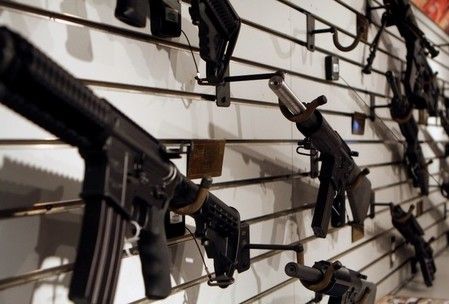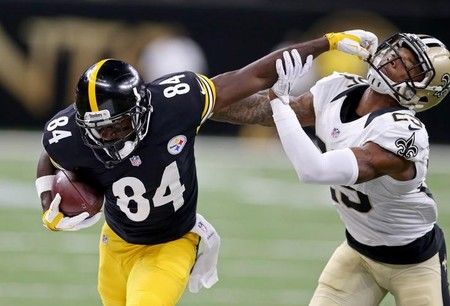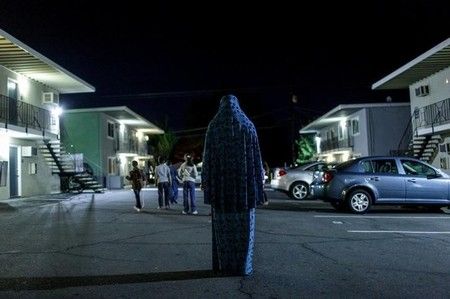Advertisement
Pacing feet, rants, executions: inside the Orlando killer’s rampage
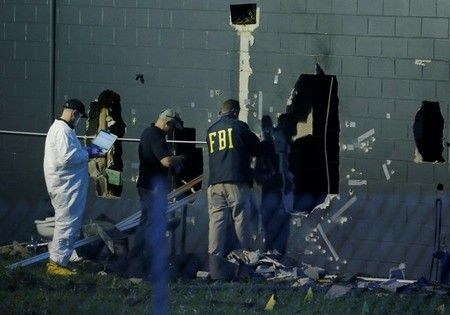
By Peter Eisler, Yara Bayoumy and Letitia Stein
ORLANDO, Fla. (Reuters) – Patience Carter had been on the floor of the bathroom stall for hours, her right femur shattered by a bullet, pinned beneath friends and strangers.
They all had reached the same dead end in a frantic rush to escape the gunfire at Orlando’s Pulse Nightclub. The 20-year-old had watched Omar Mateen’s feet as he paced about; she’d listened to his rants to hostage negotiators about U.S. bombings in Afghanistan and his allegiance to militant Islamic groups.
Now, she could hear the police shouting outside. “Move away from the walls! Move away from the walls!” And she saw Mateen’s feet backing towards the stall.
“He said, ‘Hey you!’ to someone on the floor inside the bathroom and shot them, shot another person and then shot another person,” Carter recalled, imitating the sound of the gun. “Bow! Bow! Bow!”
It was near dawn on Sunday, three hours after Mateen had begun his savage assault on the popular gay dancing spot.
Within moments, police were breaking through the wall.
“They told him, ‘Put your weapon down! Put your weapon down!’ He didn’t, so they engaged in gunfire. They got him. They shot him dead,” Carter said.
In the days following the worst mass shooting in modern U.S. history, survivors’ tales have begun to emerge, recounting the horror of a siege that killed 49 people, as well as the attacker. Their stories reveal a scene of fear, desperation and sometimes methodical carnage, as well as a fraught, prolonged rescue.
(Graphic showing progression of massacre: http://tmsnrt.rs/1Uzxm1V)
In the moments after Mateen was shot, water poured from broken pipes in the demolished wall, a bloody tide filling the bathroom floor where bodies and wounded lay.
Carter called out to her friends –- they’d come down as a trio from Philadelphia, dancing and laughing through the first night of her first Florida vacation. They chose the club after searching the Internet for fun dance spots.
One of Carter’s companions, another 20-year-old named Tiara Parker, responded to her calls, saying she’d been shot in the side. The other, Akyra Murray, just 18 and the life of the party, was slumped over Parker’s lap, silent and motionless.
A man who’d been trapped in the stall with them took Murray’s pulse and said she was still breathing. Moments later, a SWAT team member pulled Carter out of the room, dragging her to safety by her arms. As she slid across the bloody floor, she saw Murray’s phone and grabbed it.
“I truly believed that after I was told she was breathing, that her pulse was still going, that I would be able to get that phone back to her,” Carter said.
In the ambulance, rescuers cut away Carter’s bloody clothing. They told her the bullet that shattered her right leg had also passed through her left leg.
Later, Carter would learn that Murray didn’t make it. Lying in the hospital, among dozens of wounded, she wrote a poem. “The guilt of being alive is heavy,” it concluded.
“MAKING SURE THEY’RE DEAD”
It was just after last call and many of Pulse’s 300 patrons were finishing their last drink when Mateen, 29, entered around 2 a.m. with what one law enforcement official has described as a Sig Sauer MCX military-style rifle and Glock 9 mm handgun.
Angel Colon, 26, was hugging friends and saying goodbye when he heard “a big shotgun.”
Everyone froze as the gunfire continued, he said. Then everyone ran. Three bullets ripped into his leg, knocking him down. People trampled over him. “All I could hear was the shotgun, one after another, and people screaming, people yelling for help.”
Mateen moved through the club, spraying bullets into a crowd that had been heaving to salsa and merengue dance music. Many of victims appear to have been killed in those first frantic minutes. For five to 10 minutes, he was “just shooting all over the place,” Colon said.
Investigators later reported that victims’ wounds suggested Mateen used both guns.
Some patrons fled through a door to a patio area at the side of the building, scrambling to take cover as they made it outside. Others escaped through a side door. And some headed toward a rear area walled off from the main part of the club.
Mateen shot many people multiple times, “making sure they’re dead,” said Colon. He aimed his gun toward Colon’s head but the bullet struck his hand. Another grazed his hip.
An off-duty police officer, in uniform and working security at the club, heard the gunfire from his unmarked car outside. He called immediately for backup and headed for the entrance, where he exchanged fire with Mateen, police said. Within minutes, other officers had joined him, and the firefight continued.
Across town, Christopher Hunter, associate medical director of Orange County Emergency Medical Services System, got an emergency text around 2:15 a.m. Up to 20 patients, it said, multiple gunshot wounds. He wasn’t sure it was real, so he called dispatchers to confirm.
He placed Orlando Regional Medical Center, the city’s main trauma facility, under “status black”. The rarely used emergency code redirected all patients to other hospitals unless they were shooting victims or in the throes of a heart attack.
At the hospital, Chadwick Smith, a trauma surgeon, called for backup, waking up other doctors. “I said, this is not a drill, this is not a joke,” he said. “I need you here as fast as I can.”
TERROR IN BATHROOMS
After exchanging fire with police, first with the lone officer, then with the others who joined him, Mateen retreated to the club’s walled-off back room, where dozens of patrons had taken cover.
Many crammed into a pair of bathrooms along the rear wall. Carter and her two friends were in one, crammed with others in a single stall. Angel Santiago, 32, was in the other, also jammed in a stall full of people.
“We just kept hearing gunfire over and over and over again,” he said. “And it just kept getting louder, closer, and I actually could start to smell what I guess was gunpowder.”
Mateen burst into Santiago’s bathroom, spraying gunfire. Santiago was hit twice, in his left foot and right knee. “There were a lot of people hit; there was a lot of blood,” Santiago said.
The gunman then moved to the other bathroom, where Carter and her friends were hiding. More gunfire rang out, and more screams. As bullets pierced the stall, Carter and her friends all were hit.
None of the survivors seemed certain about how long the shooting lasted. But at some point, Mateen paused, hunkered down in the back room.
Police used the opportunity to rescue some of the wounded in the main room. One officer dragged Colon out of the club and across the street to a Wendy’s restaurant. “I look over and there’s just bodies everywhere. We’re all in pain,” he said.
Police decided not to pursue Mateen into the back of the club, fearing for the safety of the people trapped with him.
“We did not want to risk their lives, and so we then contained that scene until SWAT operators go there,” Orange County Sheriff Jerry Demings said in an interview, referring to Special Weapons and Tactics officers.
A SEA OF WOUNDED
The firefighters at Station 5, just steps from the club, heard the shots before the emergency calls came in. People still were rushing out of the club as they arrived.
The firefighters pulled some of the wounded back to safety behind the firehouse. Ambulances loaded the wounded up — three at a time in some cases — and turned around immediately for the minute or two drive back to Orlando Regional. Others were transported in police cars, in trucks, in any available vehicle, officials said.
Some of the victims were shot at close range in the chest, head, stomach and even the pelvis, said Joseph Ibrahim, a trauma medical director at Orlando Regional, where most of the 53 wounded were treated.
Inside the club, the hostages remained in the bathrooms, waiting.
“We lay there for hours,” Santiago said, “hoping that police would come through at that point in time and save us all.”
Police were waiting, too, trying to figure out a safe way to end the siege.
Mateen had called 911 after his initial assaults in the bathrooms, first hanging up at about 2:30 a.m., then calling again and speaking briefly with a dispatcher, according to the Federal Bureau of Investigation. The dispatcher called him back. Mateen made his claims of loyalty to militant Islamic groups.
When he was off the phone, he kept talking, sometimes to himself, and sometimes addressing the hostages directly.
He telephoned a TV station. A producer picked up the 2:45 a.m. call. “I will never forget the words he said to me,” Matthew Gentili of News 13 said. “I’m the shooter. It’s me. I am the shooter,” Gentili said in a post on the station’s website.
He said he did it for Islamic State, Gentili said. At one point, Mateen, who was born in New York to Afghan parents, began speaking a language Gentili believed to be Arabic. “At the time, I didn’t know what he was saying. He was speaking so fast.”
In his conversations with police, Mateen suggested he had explosives with him, so the SWAT team decided on a plan to breach the rear wall of the bathrooms. At 5 a.m., they detonated explosive charges along the back of the building, then finished breaking through the wall with an armored vehicle.
Within minutes, Mateen was dead.
(Additional reporting by Bernie Woodall in Orlando and John Walcott in Washington. Editing by Jason Szep and Stuart Grudgings.)



